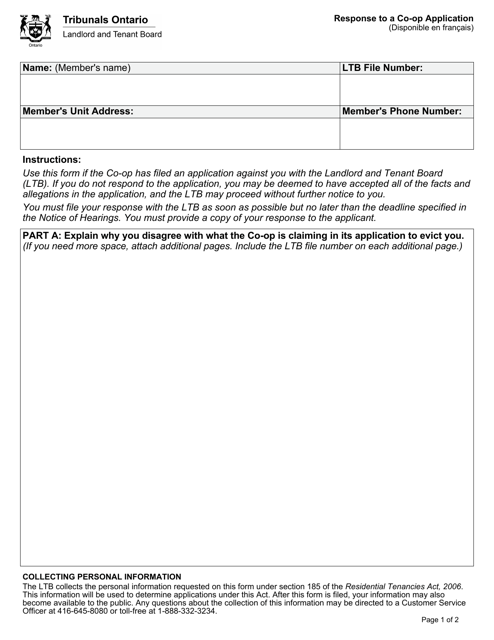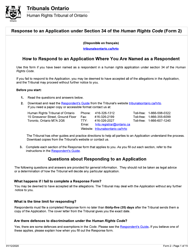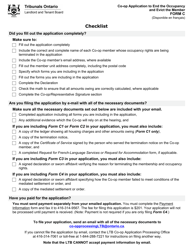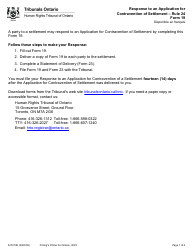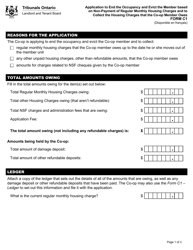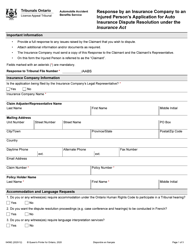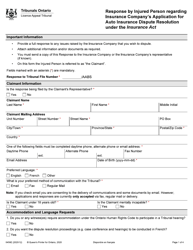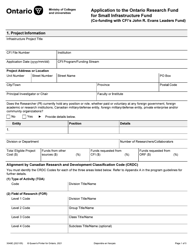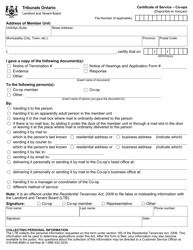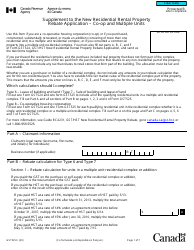Response to a Co-op Application - Ontario, Canada
The Response to a Co-op Application in Ontario, Canada is typically a communication from the employer or organization that received the co-op application. It may include an offer of acceptance or rejection, an interview invitation, or other related information.
In Ontario, Canada, the response to a co-op application is typically filed by the co-operative housing organization or the landlord.
FAQ
Q: What is a co-op application?
A: A co-op application is the process of applying for a cooperative education program, which involves alternating periods of academic study with work terms in a related field.
Q: Why would someone apply for a co-op program?
A: People apply for co-op programs to gain valuable work experience, develop industry connections, and enhance their employability after graduation.
Q: How does a co-op program work?
A: In a co-op program, students typically alternate between periods of academic study and work terms in their chosen field. These work terms are usually paid and are designed to provide practical, hands-on experience.
Q: What are the benefits of participating in a co-op program?
A: Participating in a co-op program allows students to gain real-world experience, apply what they've learned in the classroom, build professional networks, and increase their chances of finding employment after graduation.
Q: Is a co-op program mandatory?
A: Co-op programs are not mandatory in most cases, but they are highly recommended to enhance employability and gain practical experience in the chosen field.
Q: How long does a co-op program last?
A: The duration of a co-op program can vary depending on the institution and the specific program. It can range from a few months to multiple work terms spread over several years.
Q: Can international students apply for co-op programs?
A: Yes, international students can apply for co-op programs in Canada. However, they may need to meet certain eligibility requirements, such as obtaining a valid work permit.
Q: Are co-op programs competitive?
A: Co-op programs can be competitive, especially if they are offered by prestigious institutions or in high-demand fields. It's important to meet the eligibility requirements, have a strong academic record, and submit a well-prepared application to increase your chances of acceptance.
Q: Can I earn money during a co-op program?
A: Yes, co-op programs usually involve paid work terms, where students have the opportunity to earn money while gaining practical experience in their chosen field.
